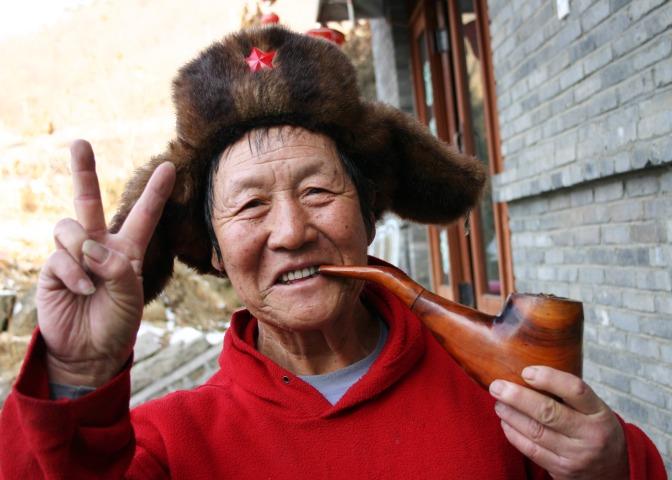
RUSSIA & CHINA RATING AGENCY

Russia and China have agreed to set up a joint rating agency as Moscow's stand-off with the west over Ukraine has made it more eager to establish institutions that would reduce its dependence on the US and Europe.
"In the beginning, the agency will assess Russian-Chinese investment projects with a view to attracting of [investors from] a number of Asian countries," Anton Siluanov, Russia's finance minister, said in Beijing, according to his ministry. "Gradually, based on the progress and authority of such an agency, we believe it will rise to a level where its opinions will attract other countries."
The finance ministry did not give details on the timeframe and detailed conditions for the establishment of the agency, but people familiar with the plans said it was likely to involve Chinese rating agency Dagong and a state-backed institution from Russia.
The Brics group of large developing countries – Brazil, Russia, India, China and South Africa – has long discussed plans to set up its own rating agency, along with a Brics bank. Member countries complain that globally dominant agencies such as S&P, Moody's and Fitch focus on developed countries and fail to assess developing economies fairly.
While earlier attempts at challenging the dominant western players have been slow to get off the ground, observers in Russia said they were optimistic the planned Russian-Chinese rating agency could win backing and be broadened into a Brics project at the group's summit in Brazil next month.
"The recent events around Russia and Ukraine have had an acceleration effect, as sanctions have encouraged plans in Russia to make itself less dependent on the west," said Chris Weafer, a partner at Moscow-based MacroAdvisory.
After the US slapped visa bans and asset freezes on Russian politicians and tycoons in March, Igor Shuvalov, Russia's deputy prime minister, said the biggest damage did not come from the targeted sanctions directly, but from "hidden" measures such as pressure from the US on investment funds and rating agencies that would influence their views and actions on Russia.
When S&P lowered Russia's sovereign rating to one notch above junk status in April, less than two months after Russia's annexation of Crimea from Ukraine, Moscow dismissed the step as politically motivated – a criticism denied by the agency.
The joint Moscow-Beijing move comes amid a flurry of initiatives to deepen bilateral trade and investment ties, which the government of President Vladimir Putin has complained have remained far behind their potential.
In a signal of the political will to strengthen ties with China, Mr Putin last month presided over the signing of a $400bn 30-year gas supply contract over which Russia's state gas firm Gazprom and China's CNPC had haggled for more than a decade. During his visit to China, the two sides also signed about 50 other accords, although many are mere declarations of intent or repackaged old deals.
ft.com



